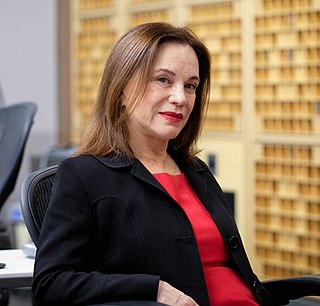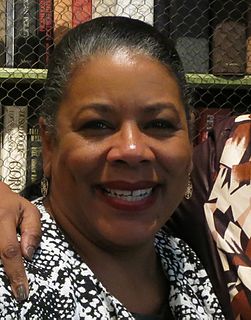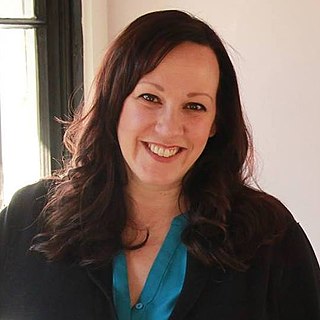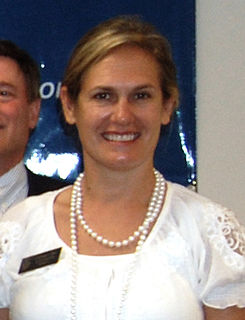A Quote by Phyllis Schlafly
Much of the demand for women in combat comes from female officers who are eager for medals and promotions.
Related Quotes
There are no women in these ground combat jobs.Women, of course, have been flying combat missions in fighter jets, attack helicopters, for more than 20 years, but beginning this week, those ground combat jobs in infantry, artillery and armor will be open to women. Officials don't expect a rush of women interested.
As the longest-running women's professional sports league in the country, the WNBA is a great product comprising 132 of the best female athletes in the world. And when you look beyond the players to owners, coaches, trainers, accountants, and chief operating officers - it's a wonderful example of what women can achieve in sports and in business.
Shortly after the appointment of Britain's first-ever female police constable with officials powers of arrest, the Home Office declared that women could not be sworn in as police officers because they were not deemed 'proper persons'. It makes you wonder what those Home Office officials would say now to having a female Home Secretary.
The combat exclusion policy was adopted during the Clinton Administration in 1994 and says women can 'be assigned to all positions for which they are qualified, except that women shall be excluded from assignment to units below the brigade level whose primary mission is to engage in direct combat on the ground.'





































